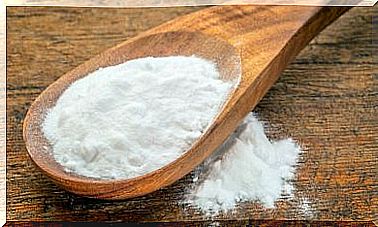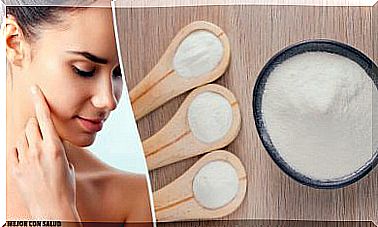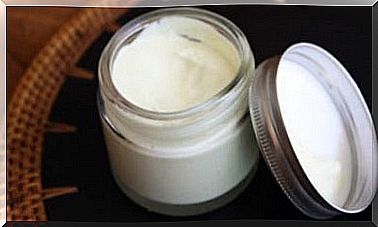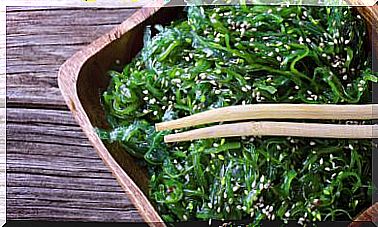What Are The Differences Between Marine Collagen And Bovine Collagen?
For some years there has been a controversy over which type of collagen is better, whether marine or bovine. What does the evidence say about it? What is the difference between them? Here we detail it.

In recent years, the marketing of collagen-based food supplements has raised doubts about which variety is better, whether it is of marine or bovine origin. However, there are several controversies and investigations in this regard. Do you know their main differences?
Collagen is the most abundant protein in the human body. In addition, it is present in a wide variety of animals. According to a review published in the Journal of Cosmetic Dermatology , it is one of the main components of the skin, bones, joints, and blood vessels.
Today it is a widespread protein as a dietary supplement, as it is associated with health benefits. It is even popular within the cosmetic industry, as it appears to delay the onset of aging. But, which variety of collagen is most recommended?
Marine collagen versus bovine collagen
Several collagen-based supplements are available on the market, among which the marine origin and the one from bovines stand out. Both are attributed a series of properties, such as that they can contribute to the health of the skin or joints. And while there are studies to back this up, a debate has sparked over which variety is better.
It is common to see advertisements that claim that collagen of marine origin “is more assimilable than terrestrial.” In turn, it is suggested that it is a presentation with almost miraculous health effects. However, it is important to know that all collagens are similar and, when assimilated, the body does not differentiate their origin.
In other words, the biological value, assimilation and properties of marine collagen are not superior or worse than those obtained from cattle. What matters in both cases is its degree of hydrolysis, which is what allows its absorption into the body.
The hydrolyzation process is also known as “fragmentation” or “predigestion” and consists of the elimination of fat and unwanted materials to obtain only amino acids (which is what the body uses). Regardless of its source, only collagen that has been sufficiently hydrolyzed manages to reach the tissues that use it as a nutrient.
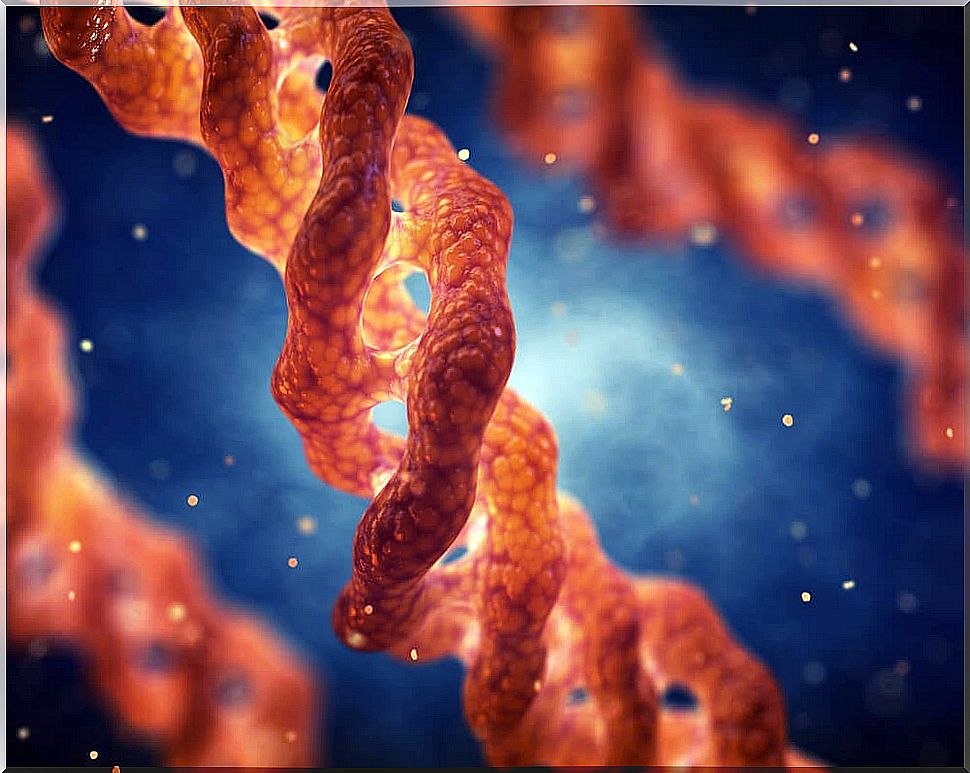
But are there any differences between marine collagen and bovine collagen?
The main difference between these two collagen supplements is their source. While marine collagen is obtained from the skin, bones and scales of fish, that of bovine origin comes from the bones and skins of cattle, such as cows, bison or buffalo.
Of course, another characteristic that differentiates them are the environments of their sources, since one is from the sea and the other from land. However, it is believed that the environment in which the animals live can affect the quality of the supplement. Although evidence is lacking, some studies have provided details in this regard.
For example, research published in the medical journal Marine Drugs shows that marine collagen increases types I and II of this protein in the body. Therefore, it is beneficial for the health of the skin and cartilage.
Meanwhile, a study in the journal Nutrients indicates that bovine collagen increases types I and type III of the protein, which is beneficial in preventing wrinkles, promoting elasticity and increasing skin moisture. Findings have also been made about its benefits for the joints.
The price, a considerable difference
One difference worth noting between the two types of collagen is its price. As we have mentioned, marketing has been in charge of enhancing the benefits of marine collagen supplements, which has also affected their price.
Being a relatively new product and several studies have been published, its cost in the market is higher than that of bovine collagen. There are even companies that offer it at a very high price, even when it comes from species of low economic value.
But as we have commented, beyond its origin (marine or terrestrial), what matters is that the product is hydrolyzed so that the body can digest it. Therefore, when purchasing these supplements, the most important thing is to verify their degree of hydrolysis.
There is no plant collagen
Collagen is a protein that is present in animals and humans. It is not true that some plants contain it, not even in a minimum amount. And the idea has spread that it is possible to obtain it from foods such as algae.
But far from reality, these plant sources do not contain collagen because they do not need it. Instead, they have jelly-like, fibrous-like structures (similar to collagen) that the industry has called “plant collagen.” However, they do not have any relationship or properties to the protein as such.
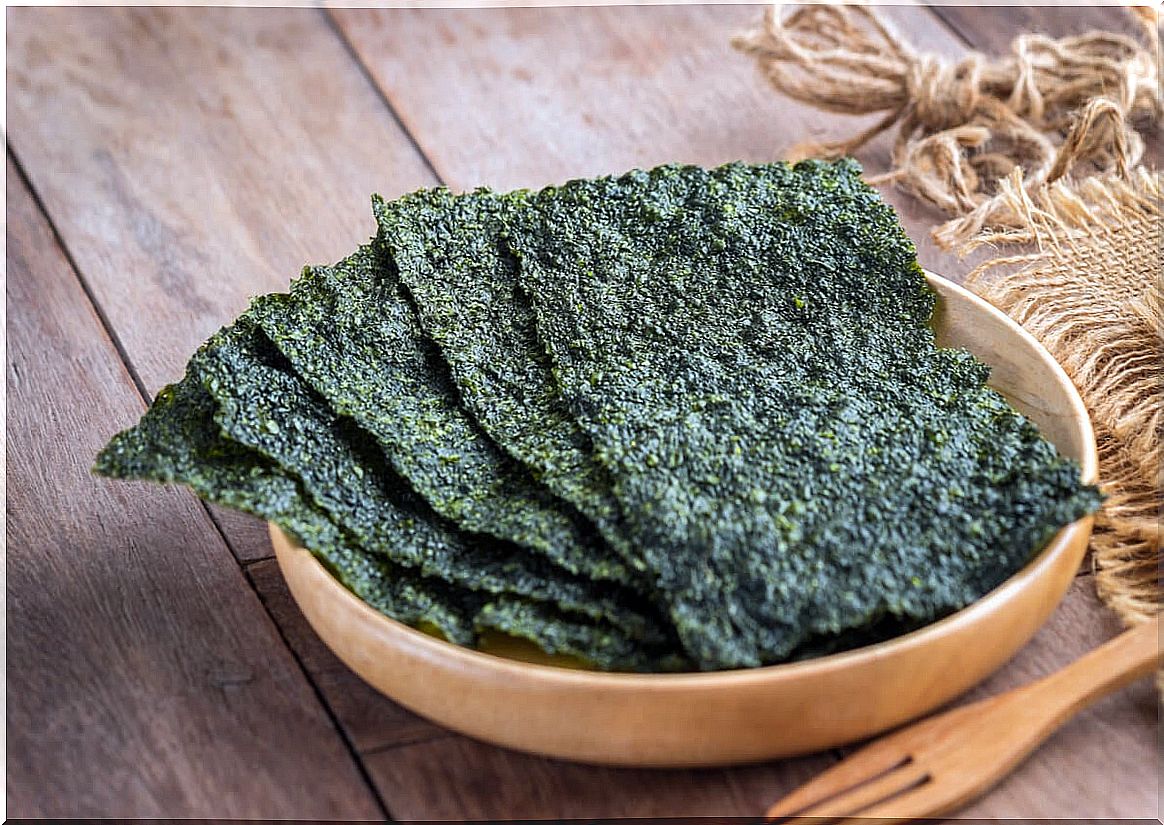
What to remember about marine and bovine collagen?
Marine and bovine collagen supplements have been widely studied for their potential health benefits. In particular, they have been found to be beneficial for skin and joint health. However, there is not enough evidence to ensure that one variety is better than the other.
In general, collagen protein, regardless of its source, contains the same amino acids in similar proportions. The important thing in these cases is to verify that it has been hydrolyzed so that it has a good level of assimilation and bioavailability. Do not forget!



